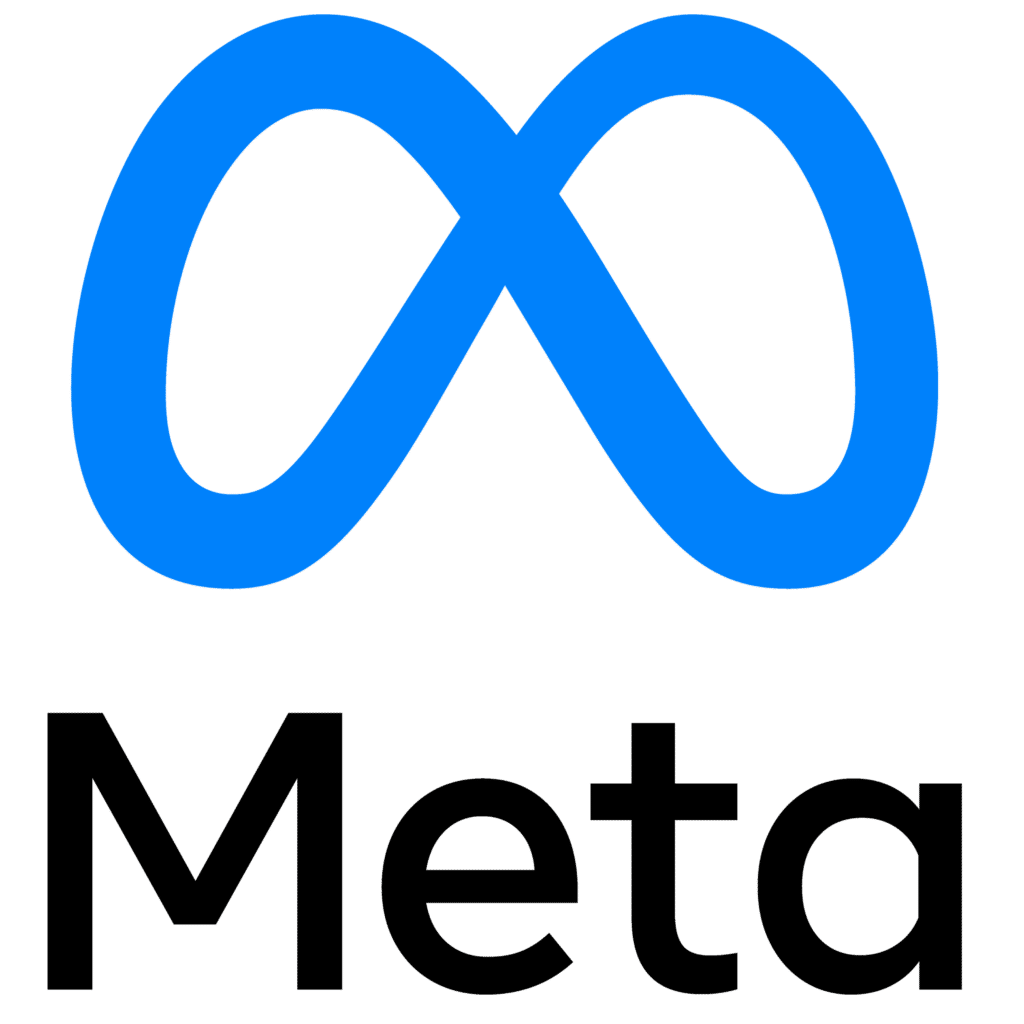A website’s search engine optimization (SEO) is only as strong as the keywords that inform it. Targeting well-researched keywords is crucial to putting your website in front of the right audience. But knowing which tool to use can be tricky. This blog breaks down the top 10 SEO keywords tools for you.
In an ever-changing digital landscape, where search engines play a major role in deciding what content users see, your business’s choice of keyword analysis tool and keyword choice matters. After all, your SEO ranking is the difference between driving traffic and increasing your site’s visibility, and languishing on page two of the search engine results.
A Comprehensive Overview of SEO Tools
With a wide array of tools on the market aiming to assist businesses with their SEO and keyword targeting, it can be difficult to know which one best suits your business’s needs. That’s why we’ve compiled this list of the top 10 keyword analysis tools available:
1. Digivizer
As a one-stop-shop for your business’s SEO and digital marketing analytics needs, Digivizer pays particular attention to the importance of search queries and keyword research. Our easy-to-use Search Query Tracking feature breaks down vital metrics such as search impressions, clicks, click-through rates, search ranking position, and more.
With data available in real-time and trackable over customizable date ranges, you can get the full picture of your business’s online performance. Drawing on integrations across web, social, and paid media analytics, Digivizer allows for a single source of truth understanding of SEO performance that goes beyond keyword analysis.
Where Digivizer shines as a leading keyword analysis tool is its ease of use. The simple but powerful platform is super affordable and is designed to serve businesses of any scale within minutes, delivering advanced search insights at an accessible level and demystifying SEO.
Digivizer also includes social, paid media and web insights all within the one platform. Making it easy to input and measure search inputs within your broader search strategy. Performance insights are provided on paid search and how it is performing against organic search, organic social and paid social.

2. Semrush
Semrush’s collection of SEO tools makes it a popular, but more expensive choice. Its Keyword Magic Tool facilitates targeted research to tailor your content strategy. This enables users to generate variations of relevant search terms, offering analysis on which metrics to prioritize.
Alongside keyword analysis, Semrush offers a complex array of features such as site audits and SEO checkers. Its complex interface, however, presents a barrier to entry, leaving it more suited to experienced technical SEO practitioners.
3. Google Keyword Planner
As the world’s most dominant search engine, Google is well-placed to provide SEO insights. While it lacks the wider array of functionality some other platforms offer, Google Keyword Planner uses data directly from Google to help you identify useful keywords.
As it’s intended to assist businesses marketing through Google, the company offers the tool to anyone with a Google Ads account. It’s a valuable tool for bolstering your understanding of your business’ SEO situation, but requires a moderate amount of SEO expertise to gain results from.
Whilst you see the search results, you can not track your own individual key words.
4. Bing Webmaster Tools
With new features such as artificial intelligence growing its reach to over 100 million daily active users, Bing is no longer the poor cousin of Google. As such, its Webmaster Tools that measure your site’s performance on the search engine should not be ignored.
With its ability to monitor click-through rates, impressions, and keyword rankings on Bing, this tool can be a handy companion for a well-rounded SEO approach. As with Google’s Keyword Planner, gaining insights from Bing’s Webmaster Tools is not easy or intuitive for SEO beginners.
5. Ahrefs
Ahrefs is another all-in-one SEO toolkit boasting complex capabilities across competitor analysis, site audits and content analysis. Its Keyword Explorer tool sources data from 10 different search engines including Google, Bing and Amazon, providing not only keyword suggestions but also information on search volume, ranking difficulty and search trends.
Ahrefs caters towards veteran SEO professionals, and is geared towards in-depth analysis. While its level of insights can be valuable for fine-tuning established SEO strategies, be warned that the platform can be difficult to navigate.
6. KeywordTool.io
A specialized keyword analyzer, KeywordTool.io boasts an impressive volume of keyword suggestions for every query. As a keyword focused tool it provides focused assistance with monitoring the best keywords for your business, offering information on trends and competitors as well as search volume.
That focus can be highly useful when identifying ways that your competitors may be gaining the edge over your business, analyzing the words and phrases others in your field are ranking for. With a simple interface, KeywordTool.io is a good starting point for keyword research, despite its relatively limited set of functions.
7. Google Trends
A free and accessible tool, Google Trends maps out search data from the search engine, allowing different keywords to be compared. By breaking down results in a number of useful ways such as by region and across different time spans, users can gain a quick insight into how on-the-money their keywords are.
Google Trends lacks the power and features of some other keyword analysis tools on this list, but as an easy-to-use supplementary tool, it can form a crucial part of your business’s SEO strategy.
8. AnswerThePublic
By utilizing autocomplete data from search engines, AnswerThePublic takes a novel approach to determining the best search queries to target. After entering a keyword or phrase, users can see the most common searches relative to it mapped out.
It’s an unorthodox but engaging method for delivering accessible SEO insight. By approaching keyword research from this angle, businesses can gain an understanding of the journeys audiences are taking to reach the content they seek.
9. Serpstat
With access to more than 7 billion keywords, Serpstat has quantity on its side. The all-inclusive SEO platform helps users identify keywords, analyze their volume and popularity, and keep a close eye on the competition.
Where Serpstat aims to differentiate itself is with a focus on finding a business’s keyword niche, emphasizing the importance of standing out from competitors by identifying a business’s best opportunity for SEO mastery. While towards the more intuitive and easy-to-use end of the scale, Serpstat’s daily query limits across its various plans make it less scalable than its competitors.
10. ChatGPT
Certainly the dark horse on this list, generative AI interface ChatGPT has much to offer in the space of SEO. With its instantaneous ability to generate content in response to complex prompts, it makes a great first port of call for keyword ideation.
Of course, it’s important to remember that ChatGPT shouldn’t be relied upon as the sole source of SEO expertise. It draws data from a vast wealth of sources from across the internet, making it a good meeting point of data, but its strength comes in its ability to synthesize new information and content.
As such, it can be a great source of keywords and related copy, but any analysis and insights should be corroborated by a secondary source.
Selecting the Right Tool for your SEO Needs
When choosing the right keyword analysis tool for your business, it’s important to find a platform that is accessible and easy to gain insights from, which can grow with your business.
Digivizer’s Search Query Tracking takes the guesswork out of SEO, arming you with the insights to grow valuable and converting web traffic. Use Search Query Insights to plan for which keywords you plan to track. Then add those terms to Search Query Tracking to identify and track the performance of your chosen search queries for your business, over time.
To experience the ease of Search Query Tracking for yourself, sign up for a free trial today. All our plans include 30 days historical search and web performance data based on what accounts you connect, all downloaded within a minute.




